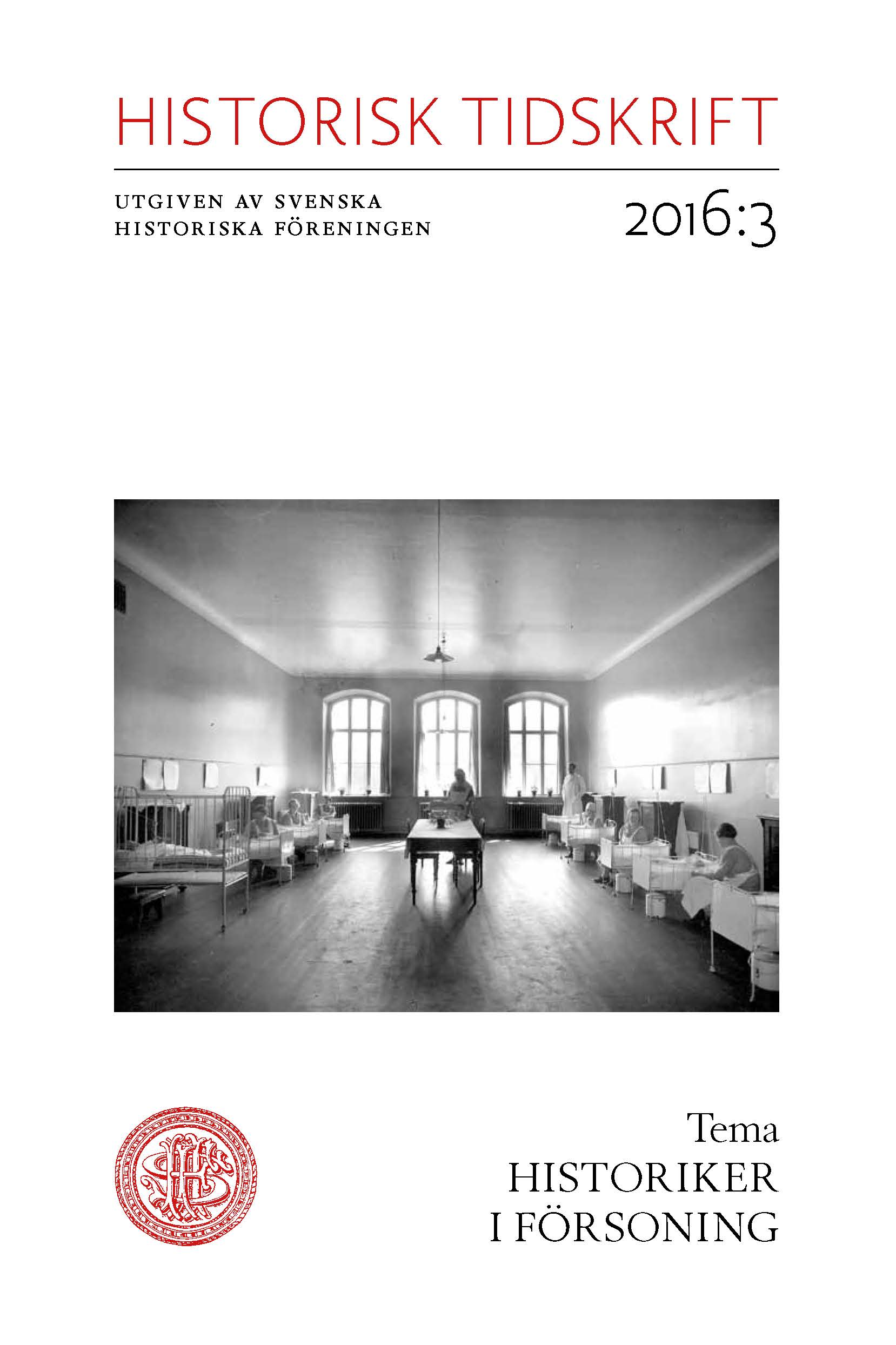Abstract
The power of national narratives: The lack of genuine efforts to come to terms with the past in Hungary and Romania, and the role of historians
This article investigates the power of national narratives and the lack of genuine efforts to come to terms with the past in Hungary and Romania. Hungary and Romania have experienced a common history marked by conflicts, changing borders, and totalitarian regimes. The two countries have not succeeded in overcoming issues in their common past. Instead, national narratives have been institutionalized in textbooks and among historians, even in the international context. Historians have narrated the nation’s history under the strong influence of political agendas. This political force supports the hegemonic positions of the national narratives today. The national narratives are not only disseminated domestically, but are also reflected in articles about the two countries in encyclopedias abroad, such as the Swedish National Encyclopedia (Nationalencyklopedin).
Romania has undertaken more efforts to come to terms with its past than Hungary has, in assuming responsibility for the Holocaust and investigating crimes against humanity during communism for example. Hungary’s position on the Holocaust has been contradictory. On the one hand, Hungarian officials have admitted the Hungarian state’s responsibility. However, on the other hand, leading historians appointed by the Hungarian government have explicitly claimed that Nazi-Germany alone was responsible for the Holocaust.
The officially sanctioned responsibility assumed by the Hungarian and Romanian governments should be seen as sign of political correctness rather than genuine reconciliation. Politicians and historians in Hungary have together launched a campaign of historical revisionism, which is most visible with regard to the interwar and Second World War periods, in order to strengthen the national consciousness among its citizens. This campaign has reinforced the exclusive ethnic perspective of Hungary’s history, and serves as a norm for present day politics.
In both Hungary and Romania national narratives maintain a hegemonic position thanks to the support from politicians and some historians. This undermines reconciliation and accountability with regard to both the individual and the shared history of the two nations.

